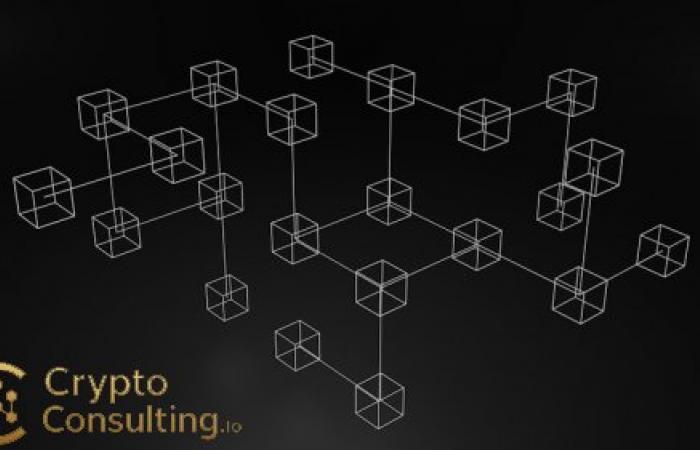
Decentralized Autonomous Organizations (DAOs) represent a revolutionary approach to organizational governance, leveraging blockchain technology and smart contracts to enable collective decision-making without traditional hierarchical structures. Understanding DAO governance models, including token-based voting systems, treasury management, and proposal processes, is essential for comprehending how Web3 is transforming organizational coordination and collective action.
DAOs emerged from the vision of creating organizations governed entirely by code and community consensus rather than centralized management. The concept gained prominence with Ethereum's launch, which enabled complex smart contracts capable of encoding governance rules and automatically executing decisions. While the infamous 2016 DAO hack temporarily setback the movement, subsequent years have seen hundreds of DAOs managing billions in assets.
Token-based voting represents the most common governance mechanism in DAOs. Token holders receive voting power proportional to their holdings, similar to shareholders in traditional corporations but implemented through transparent on-chain voting. When proposals are submitted, token holders can vote to approve or reject them, with outcomes automatically executed by smart contracts once voting periods conclude.
Different voting systems address various governance challenges. Simple majority voting requires more than 50% approval but can enable tyranny of the majority. Supermajority requirements like 66% or 75% thresholds protect minorities but can create gridlock. Quadratic voting, where voting power scales with the square root of tokens held, aims to balance influence between large and small holders while maintaining plutocratic tendencies.
Proposal processes vary significantly across DAOs. Some organizations allow any token holder to submit proposals, while others require minimum token holdings or reputation scores. Multi-stage processes may include discussion periods, temperature checks, formal proposals, and implementation phases. These structures balance accessibility with preventing proposal spam and ensuring serious consideration of governance decisions.
Treasury management constitutes a critical function of DAO governance. Many DAOs control substantial treasuries from token sales, protocol revenues, or donations. Token holders vote on treasury allocations for development funding, grants, marketing, partnerships, and other organizational needs. Transparent on-chain treasuries enable community oversight while creating challenges in protecting funds from malicious proposals.
Delegation mechanisms address low voter participation that plagues many DAOs. Token holders can delegate their voting power to trusted community members or experts while retaining ultimate control. This representative democracy model improves governance efficiency by ensuring informed participation while allowing passive holders to influence decisions through chosen delegates. Protocols like Compound and Uniswap have implemented successful delegation systems.
Multi-signature wallets add security layers to DAO operations. Rather than automatically executing all voted proposals, critical decisions may require approval from a council of trusted signatories. This hybrid approach balances decentralized decision-making with security against hacks or malicious proposals. Many DAOs use multi-sigs for large treasury movements while allowing automatic execution of routine decisions.
Governance attacks represent significant risks in token-based systems. Wealthy actors or coordinated groups can accumulate voting power to pass self-serving proposals. Flash loan attacks enable temporary capital concentration to manipulate votes. Time-locks, voting power decay for recent token purchases, and reputation systems help mitigate these risks but cannot eliminate them entirely.
Practical challenges facing DAOs include legal recognition, regulatory compliance, and liability questions. Most jurisdictions lack clear frameworks for DAOs, creating uncertainty about legal status, tax obligations, and member liability. Some DAOs wrap themselves in traditional legal entities like LLCs or foundations, sacrificing some decentralization for legal clarity. The Wyoming DAO LLC law and similar initiatives in other jurisdictions are beginning to address these gaps.
Voter apathy remains a persistent problem across DAOs. Most token holders don't actively participate in governance, with voting rates often below 10% of eligible tokens. This low participation concentrates power among engaged members, potentially contradicting decentralization goals. Improving voter participation through better UX, incentives, and education represents an ongoing challenge for DAO designers.
Specialized DAOs demonstrate the model's versatility. Investment DAOs pool capital for collective investing decisions. Protocol DAOs govern DeFi platforms and determine development priorities. Service DAOs coordinate work on projects. Social DAOs organize communities around shared interests. Each type adapts governance mechanisms to specific needs while sharing core principles of decentralized decision-making.
Looking forward, DAO governance continues evolving with experiments in new voting mechanisms, reputation systems, and hybrid models. As regulatory frameworks develop and technical infrastructure improves, DAOs are positioned to become viable alternatives to traditional organizations for coordinating human activity and managing shared resources in the digital age.

